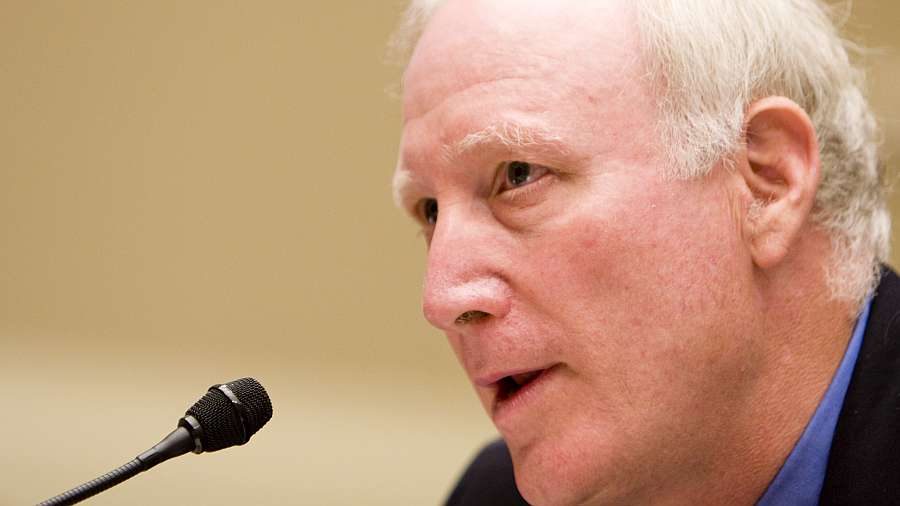Free State President Respectfully Disagrees with Pai Lifeline Proposal

The smarter way to stay on top of broadcasting and cable industry. Sign up below
You are now subscribed
Your newsletter sign-up was successful
Randolph May, president of free market think tank Free State Foundation, has a couple of bones to pick with the FCC's proposed revamp of the Lifeline subsidy for communications for the economically disadvantaged.
That came in comments on the FCC's Nov. 16, 2017, vote to propose major changes to the program, including potentially capping the fund and confining the subsidies to facilities-based providers--rather than resellers--changes which May suggests could needlessly poke holes in what he sees as the necessary communications safety net of Lifeline service.
Related: FCC Extends Comment Period on Lifeline Revamp
While May said he understood the motivation for both those proposed changes--which includes cutting down on waste, fraud and abuse and generally more strict stewardship of resources--he said he opposed those changes "without a further convincing demonstration of need."
He did say he supported allowing communications providers to "meet the minimum service standard through plans that provide subscribers with a particular number of 'units' that can be used either for voice minutes or broadband service."
The FCC is migrating the subsidy from phone to broadband as part of a general move of the Universal Service Fund subsidies to what is becoming the new lifeline of 'net-connectedness that incorporates video, voice and data.
May says "keeping all members of society connected, regardless of income, redounds to the benefit of those who can afford to pay as well as those who cannot afford to pay for access to the network. This result is attributable to the 'network effects' principle: The larger the number of people a network reaches, the more valuable the network is to each user."
The smarter way to stay on top of broadcasting and cable industry. Sign up below
May says while he generally supports policies that support facilities-based investment, Lifeline is an exception given that the reality is that 70% of Lifeline subs are currently served by resellers (TracFone, for instance). Cutting those resellers off would be very disruptive to the program, he says, adding that there are other ways to address waste, fraud and abuse.
Related: Groups Mass Against Lifeline Changes
He also says a hard cap, or essentially closing the door at some point, would be capricious in its implementation. The word choice is important, since the FCC is prevented by law from actions that are "arbitrary or capricious."
May says he likes TracFone's "pro-consumer choice, pro-empowerment, pro-market-oriented" proposal to give users the choice of minutes (voice) or megabytes (data) as a way to meet FCC minimum service standards without removing resellers from the program.
Contributing editor John Eggerton has been an editor and/or writer on media regulation, legislation and policy for over four decades, including covering the FCC, FTC, Congress, the major media trade associations, and the federal courts. In addition to Multichannel News and Broadcasting + Cable, his work has appeared in Radio World, TV Technology, TV Fax, This Week in Consumer Electronics, Variety and the Encyclopedia Britannica.

